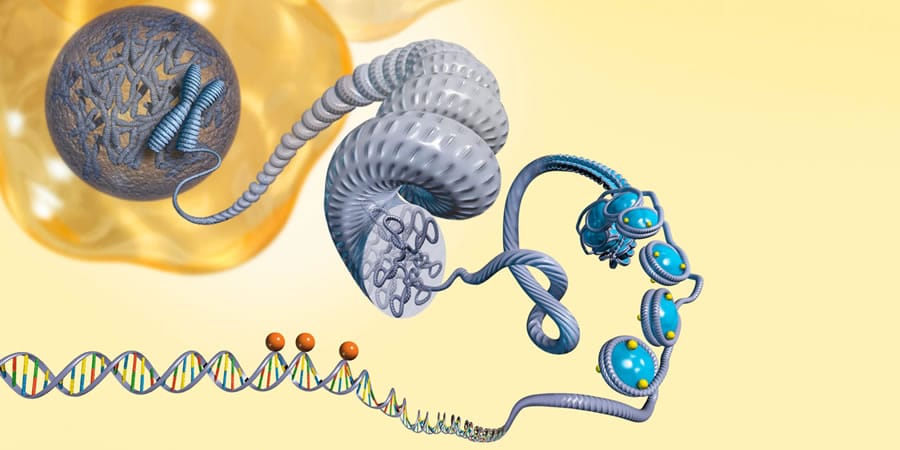
Epigenetic Theory essay
The main aim of the assignment is to discuss some aspects of the epigenetic theory for the purpose to understand its essence and to illustrate it by the example of own personal trait.
To begin, epigenetic theory of evolution occupies very uncertain place in the evolutionary views still. This theory is understood as the modern theory of evolution, based on the data of epigenetics. Batison (2013) mentioned that “epigenetically mediated variation in the context of the specific expression of genes is critical in shaping individual differences in phenotype”. The theory considers holistic phenotype as the main substrate of natural selection, while the selection not only captures useful changes, but it also takes part in their creation. According to the epigenetic theory, not a gene has a fundamental influence on heredity, but epigenetic system that is a set of factors which influence the ontogenesis. Jablonka & Lamb (1995) noted that general organization of epigenetic system, being passed from ancestors to descendants, forms the body in the course of its individual development, while selection leads to stabilization of a number of successive ontogenesis, eliminating deviations from the norm (morphosis), and forming a sustainable path of development (chreod). Thus, according to epigenetic theory, evolution is necessary to convert one chreod into the other one on the base of perturbing effects of the environment. In such a way, my personal characteristics for discussion is an ear for music, and this characteristic has a straight connection with epigenetic theory because the ontogeny is affected not only by the hereditary factors of the body, but also to a large extent, by the impact of the environment; therefore, it is inherited not a condition of the attribute, but the rate of reaction – a set of its possible states, which is realized in different environments with different probability.
Thinking about the way how genetics influenced the development of my ear for music, I need to state that such a kind of epigenetic modification was inherited in our family from one generation to the next. Several generations ago my grand-grand-grandmother was a singer, and this characteristic as a love for music in a complex with a sense of rhythm are hereditary traits in my family. To continue, the same changes in ontogeny (and signs that appear in the result of these changes) can be caused by genetic characteristics as well as by the impact of the environment. It means that the environment has also influenced the development of my ear to music too.
Let us imagine that one person has a talent from the birth, but he or she does not develop it throughout the life. As a result we see that this talent is slipping in the person by the reason that this talent was not important and developed. Of course, the same situation can be seen in my development, but my parents realized a presence of musical talent in me, and my family and I visited many concerts from the early childhood. Moreover, my family developed in me a necessity to listen to good music, and always encouraged my attempts in realizing my musical traits. So, I grew up in a supportive musical environment, and it allowed me to develop my ear to music, giving new features to the basic hereditary traits.
In such a way, taking everything into consideration, I want to note that in my case such factor as a presence of a supportive environment has a great influence on the development of my hereditary trait. Of course, I would never achieve such a great success in my development without my hereditary trait, but being lazy and listening to bad music I was able to waste my talent or even ignore its presence at all.

